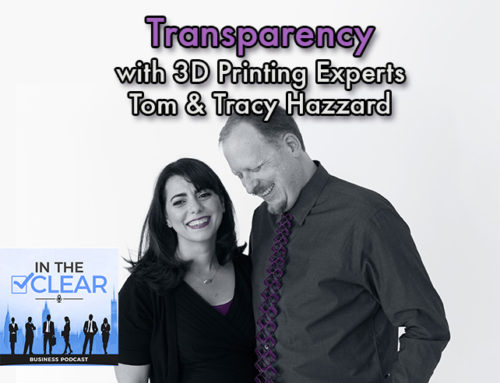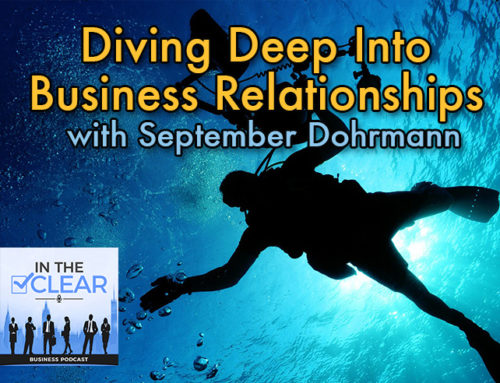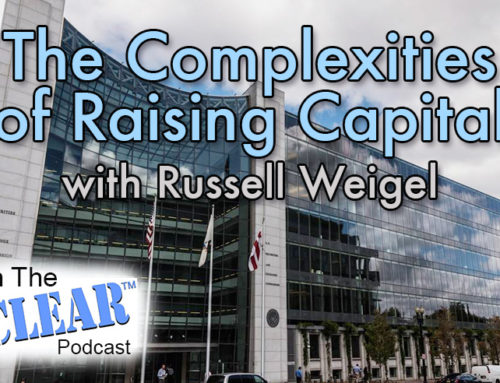First off, we advocate for a self-disclosure process prior to doing any kind of vetting or due diligence on somebody. The reason for that is it gives them an opportunity to tell you what may or may not be in their background. Then when you go about the process, if you discover something, the first thing you do is see if they have disclosed it. If it was not disclosed, that doesn’t necessarily mean they’re lying to you. It may be that they are not aware that information is out there, depending on how far back it was or how inconsequential.
Let’s say it was a pretty significant deal and they didn’t disclose it to you. Now you have information you can go back to them with and say, “This is what we uncovered in our due diligence process. Can you give us more information about this?” Again, in total transparency.
The problem is a lot of people want to do this hush-hush, under the covers. When you do it that way, there is no communication. You don’t give the person the opportunity to explain themselves.
We tell people all the time that we rarely ask questions for the answer. A lot of times, we already know the answer. What we do is ask questions to get the response from people. When you take the information back to people and say, “This is what we uncovered in the due diligence process. Can we ask you a few questions about it?” if they freak out and get ballistic on you, that’s a bad sign. If they start to get nervous and backpedal, it may just be they didn’t want to tell anybody about that.
But it doesn’t necessarily mean they can’t do what they claim. It may just mean they’re embarrassed. But if they can talk through it with you and say, “Oh yeah, that sucked.” A lot of times we see this in the area of a bad review. If they explain what happened there, they probably didn’t want to tell you about it because who wants to ‘fess up to those things?
But let’s go back to the criminal history check idea. Let’s say you do find something. You have the opportunity to ask them and get them to tell you about it. Some of our favorite people are criminals, but they will be the first ones to tell you about their history and what they learned in that process.
We would much rather have somebody involved with our business who has taken a few licks and gotten back up from them, than the person who has never had a failure and has no idea if they have the intestinal fortitude to get back up when it happens.
We call it experience and it goes a long way, especially in the entrepreneurial world.
We are also looking at what we call congruency. Do the words that are coming out of their mouth, the body language, the signals what they’re putting off if you will, what they are emoting, do they all match up? Are they giving a congruent idea of how they’re responding to you? Then you can make a decision from that place.
Pay attention and take all those things into consideration and you will learn more about a person than you would from just running a criminal history check.
It’s what we call the whole person concept. We get it, there may be stuff that is a definite deal-breaker. You may have a business that works with children, and you can’t have a registered sex offender having anything to do with the business because it would jeopardize your reputation, and it would be potentially harmful for what contracts you get. It may be a flat-out deal-breaker. In that case, you can be upfront about what your disqualifiers are for being a vendor with you.
This isn’t just in the employee sector, but this is also in hiring a consultant, a service provider or an investor. Think about this before you put people on your board of advisors/directors. Who is associated with your company? You want to make sure you know what’s in their backgrounds and reputations because it will impact the reputation of your business.





